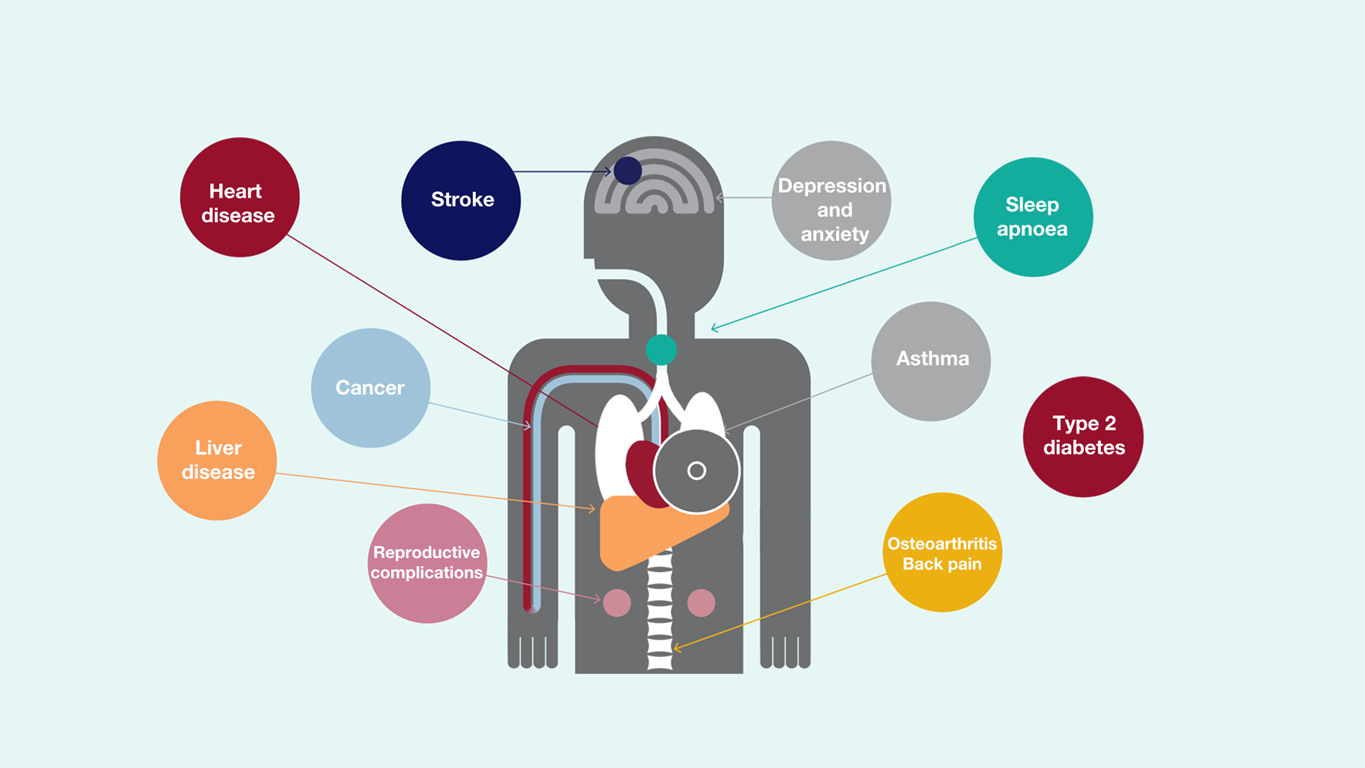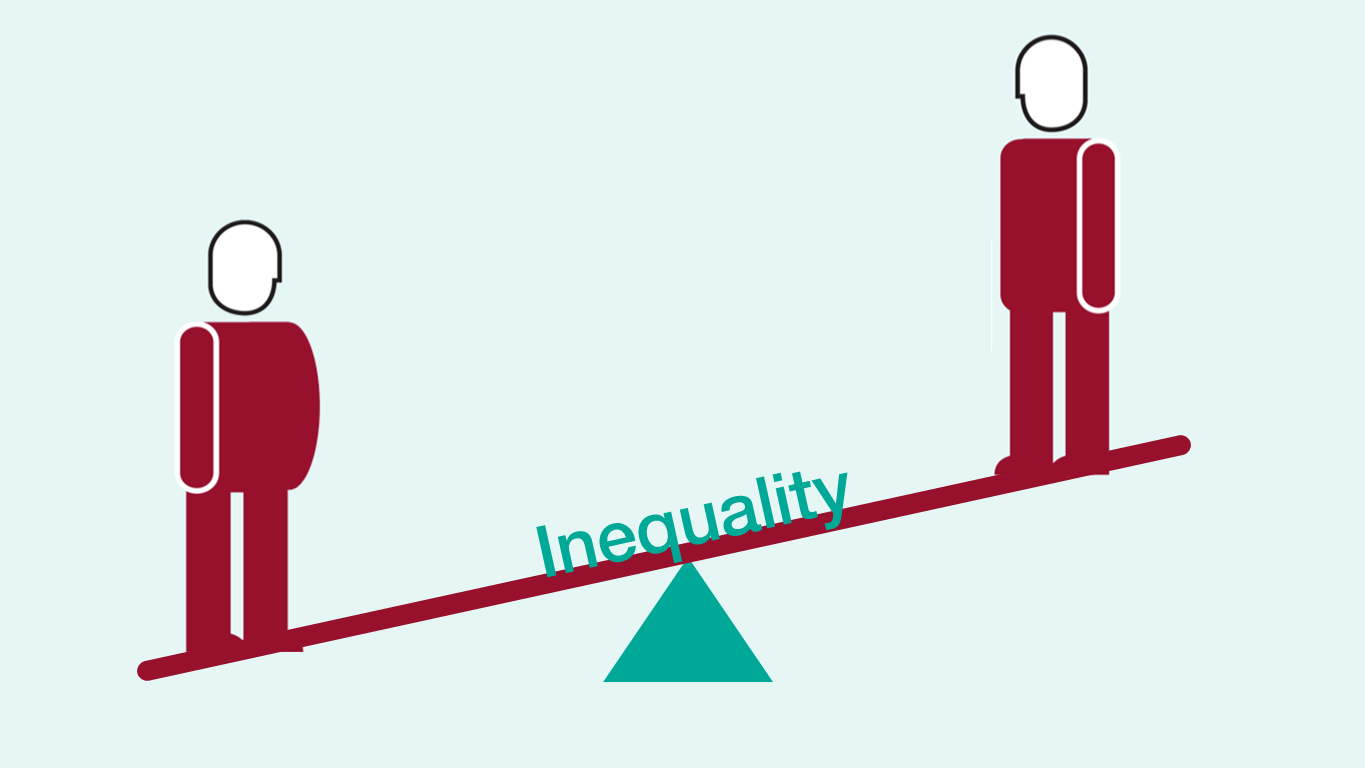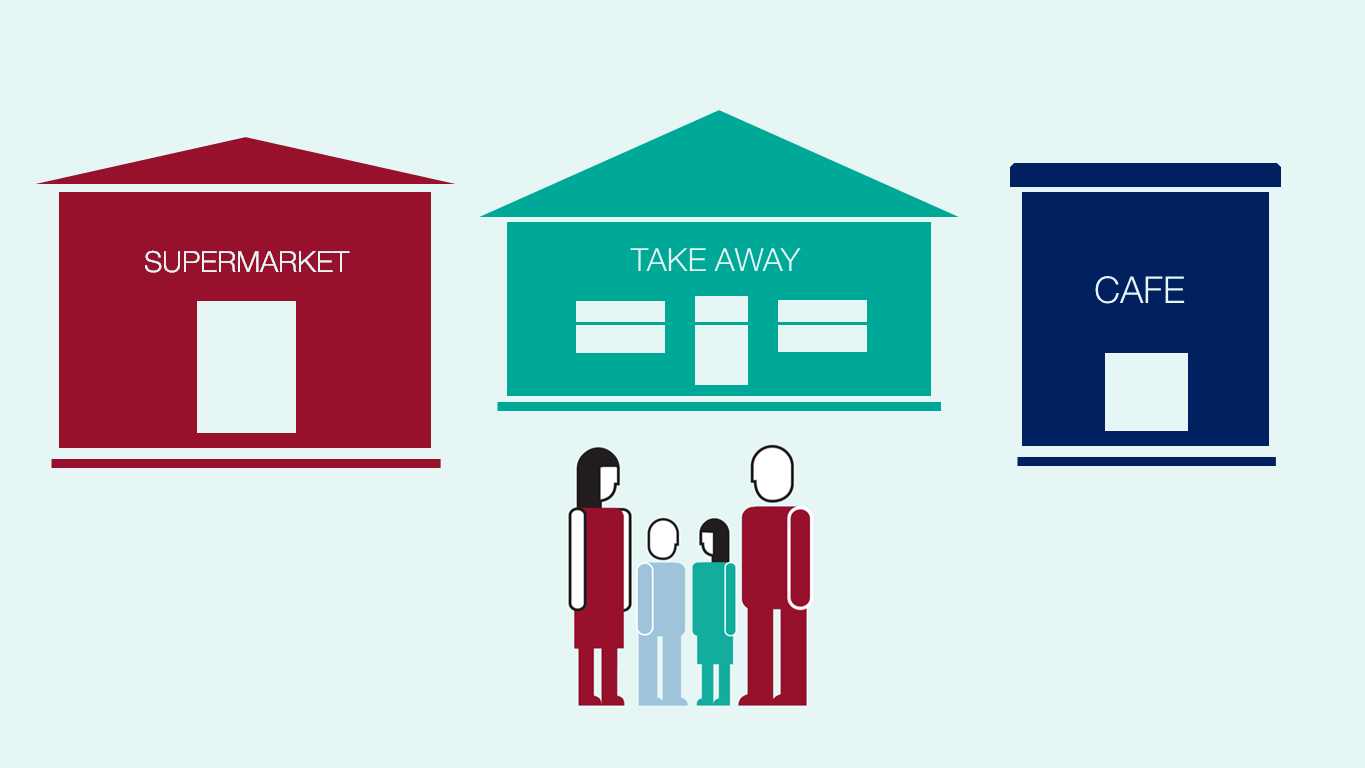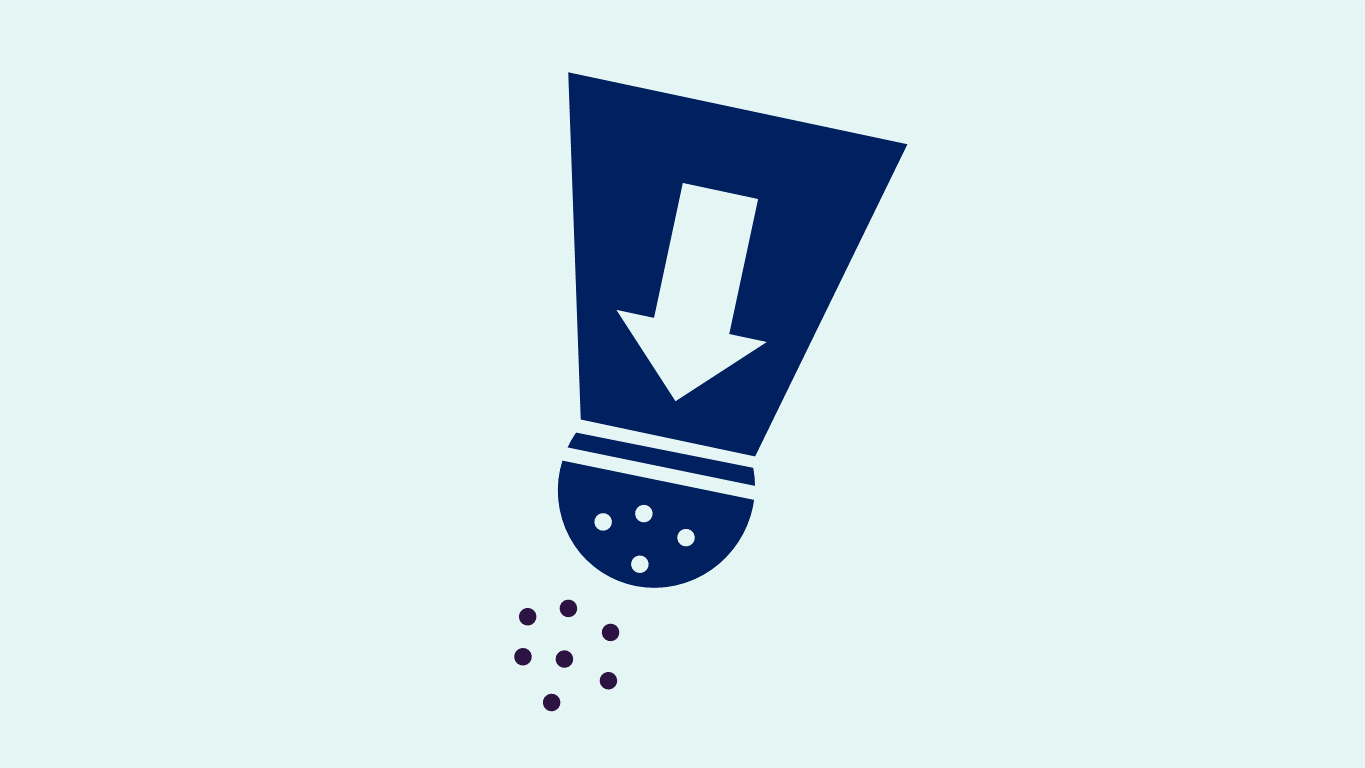1.The human cost of obesity is huge
We can’t ignore the harm obesity causes.
Very overweight children face bullying, low self-esteem and school absence.
And we know that very overweight children are more likely to become overweight adults so it’s worrying that by 11 years old one in three of our children are already overweight or obese.
Obesity in adulthood is a leading cause of ill health and premature death, associated with serious but preventable illnesses like heart disease, type 2 diabetes and some cancers.
2.The financial cost of obesity is huge
Obesity is estimated to cost our health service over £6 billion every year and we shouldn’t forget the cost to wider society including increased sickness absence and reduced productivity – one study put the estimated overall cost to society at £27 billion.
3.Obesity hits the poorest hardest
Excess weight (and tooth decay) is associated with deprivation in England. Children living in the most deprived communities are twice as likely to be very overweight as those in the least deprived.
Studies have shown that high childhood BMI is associated with adult obesity as well as adult heart disease, diabetes and some cancers.
Obesity and poor health often mean poor job prospects and vice versa.
4.Sugar reduction is just the start of a journey
There’s so much to do if we want to reduce childhood obesity but we believe our work with industry to remove 20% sugar from food by 2020 is a good start.
We’re focusing first on the nine food categories that contribute the most to children’s sugar intake; cakes, biscuits, puddings, ice cream, confectionery, morning goods (such as croissants and muffins), yoghurts, breakfast cereals and sweet spreads.
We will also work to reduce salt levels in foods and from next year focus on calories, and possibly later saturated fat depending on advice from our experts.
5.You’ll hear about our meetings with industry and public health campaigners
We’ve already had some early constructive discussions with industry - as well as organisations campaigning to reduce sugar - and we’re encouraged that some retailers, manufacturers and places we eat out in are already working to reduce sugar in their products.
From November we’ll be holding more technically focused meetings where we’ll ask for specific information on the action businesses have taken so far, or are planning, on sugar levels, portion size and on encouraging their customers to choose healthier options.
6.We’re working with all parts of the food industry
We’re looking forward to working with the big businesses that make or sell food but we need a level playing field across all the places we eat so we’ll also be looking at the progress made by cafés, coffee shops and restaurants.
It’s important we do this because getting a takeaway and eating out is now becoming the norm rather than an occasional treat.
Did you know that a fifth of adults and children eat takeaway meals at home once a week or more and 75% of people reported eating out or buying takeaway food in 2014 (compared to 68% in 2010)?
7.We’re committed to transparency so you can monitor progress
We’ll be publishing regular data – using GOV.UK, blogs and social media – to help everyone assess the progress of our ambition to remove 20% of the sugar from the categories of food mentioned above, by 2020.
When businesses make their products healthier we’ll aim to highlight and generate praise for their efforts.
8.We have experience of working with industry on programmes like this
Did you know that a loaf of bread today contains 40% less salt than 10 years ago?
Our team have experience working with industry to reduce salt levels in foods. This is why we believe sugar reduction can work too.
9.Our programmes to monitor overweight and obesity levels are world leading
Apart from simply monitoring changes in the amount of sugar in food the ultimate goal is to contribute towards an overall reduction in childhood obesity as outlined in the Government’s Childhood Obesity Plan.
We can check progress through the National Childhood Measurement Programme (which measures the height and weight of children in reception class and year 6) and the National Diet and Nutrition Survey (which looks at the foods making up the daily diet of the general population).
10.No single project or initiative can beat obesity
The recent Childhood Obesity Plan, the soft drinks industry levy and our work on sugar reduction is the start of a journey to tackle obesity but we need action across the whole of society.
We’ll keep campaigning to encourage individuals and families to make healthier choices. Our Change4Life and One You campaigns offer tips and advice to help families and adults eat better and move more.
An example of our campaigns work is the launch of the Sugar Smart app which has been downloaded over 2.5 million times and helps families check the amount of sugar in their favourite foods and drinks.
As well as these national plans, local areas are part of the journey, for example by procuring, serving and selling healthy food.











6 comments
Comment by Sara Furnas posted on
Excellent notice. You guys are so good at this.
Can you get on big screens on railway concourses throughout the country.
We need to pass a law that requires Food technology education in EVERY primary school
We need a law to prevent retail outlets stacking their checkout counter space with confectionary and persistently asking if you want any for a £1.00. WHSmiths = worst offender
It amounts to being offensive and totally disrespectful of people's intelligence that they should sell these items that are SO bad for everyone.
Waitrose have this stuff all along the checkout queue.....
M&S have so much stuff on their small counters there was no where to carry out any transactions
Counterproductive in the long run!
Keep up the great work
Comment by Susan Cassell posted on
This is a brilliant blog, Alison.
I've also concluded that WH Smiths is the worst offender. But it's everywhere in urban areas - the sugar-laden food environment has made parenting a complete nightmare at times for me - I fear going to town centres, railway stations, etc, with my child as he desperately wants the sweets, chocolates, lollies, ice-creams alluringly displayed on shelves, at counters, in vending machines, etc. Workplaces can be sugar-laden, too - mine included. Something needs to be by way of regulation to stop this. I can't believe the French or the Germans would put up with this, in their societies.
Comment by Dr Mary E Black posted on
Great blog Alison. Upselling of sweets and sugary drinks is dreadful - having to run the gauntlet of the supermarket checkout with young children is really hard.
WH Smith is present in many hospitals and last year it was reported that not only were they upselling this stuff as hard and fast as they could, but they were CHARGING MORE FOR IT IN HOSPITALS.
https://www.theguardian.com/business/2015/sep/22/wh-smith-prices-hospitals-nhs-patients
Public and media pressure shamed them into changing. We can do the same to change other market practices around sugar. Keep blogging and sharing.
Comment by Julian Simcox posted on
Great summary of what the Gov is doing. In the end however individuals and families have to take ownership of these initiatives. The Gov will make more of a difference and a sustained one by also inviting people to take charge of their own and their family's health - and enabling them to explore cause and effect over time using simple Improvement Science principles. For example, all children should have their weight measured at least weekly from birth.
Comment by Lindsey Perry posted on
Great presentation. Also worth adding that breastfeeding is one of our best preventative measures. We need to encourage this and support it nationally and throughout government policies following Baby Friendly Call for Action. We owe this to our future generations.
Comment by Alison Hales posted on
A great blog. Identifying sugars as the food sources for fungal overgrowth with an explanation of the many and varied health problems caused by it would be the next step. Fungus overgrowth occurs with visible symptoms in locations that many people know about (mouth, genitals, skin), but what is often unknown is the prevelance of a wide range of symptoms potentially caused by candida that go undiagnosed such as headache, dizziness, brain fog, intestinal distress, sweating and fever, sinus infection, skin breakouts, brain fog, blepheritis, feeling tired and worn down and chronic fatigue. Raising awareness of how sugars in food and drinkare feeding pernicious fugus and advising on how to reduce the problem would be a fantastic output.